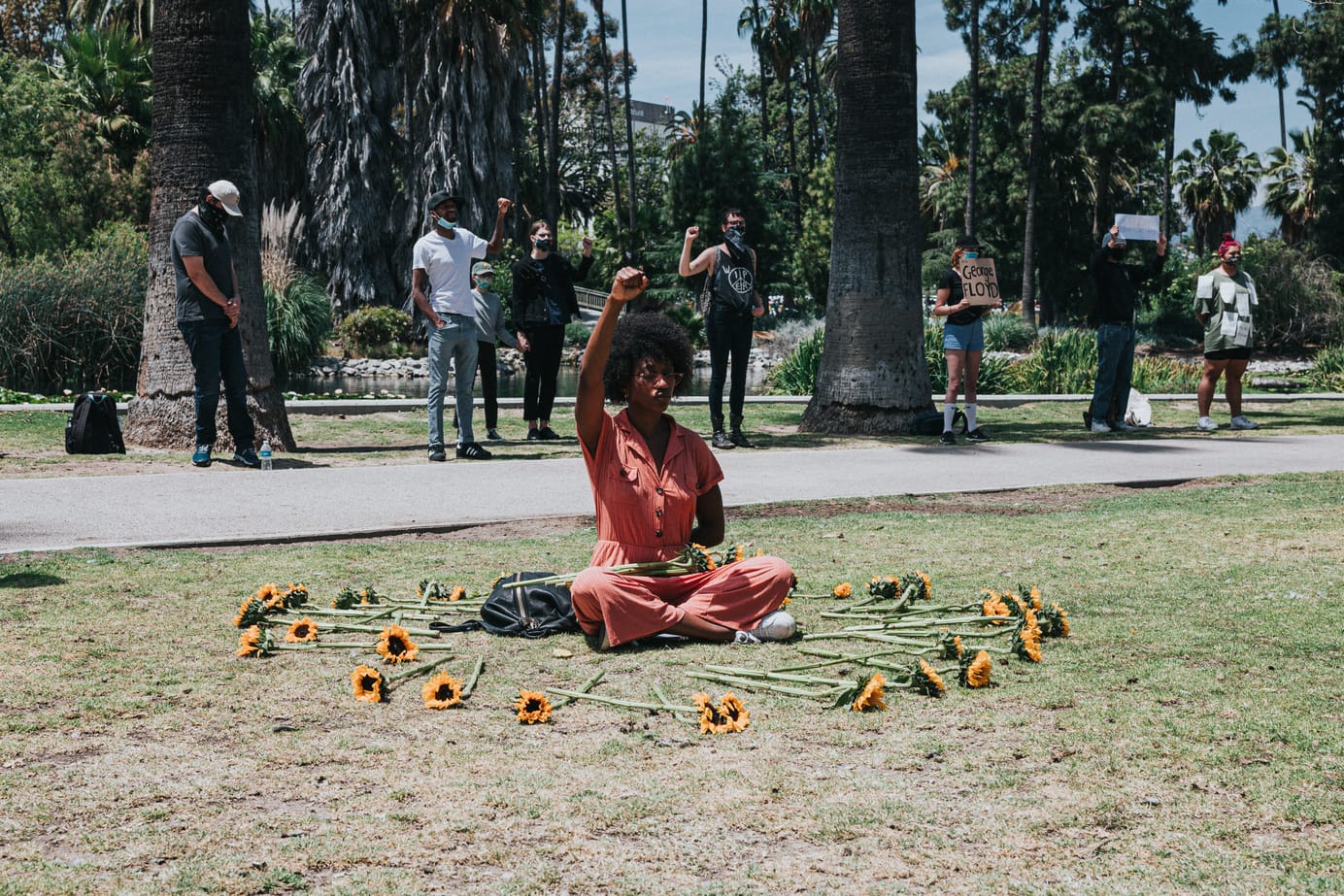
🌱 The Shrinking of the Largest Progressive Movement in U.S. History
Part I: Strengthening Progressive Movements Against Co-optation
🤓 Bite-Sized Knurd: BLM was the largest movement in U.S. history in 2020, so why have progressive movements shrunk since then? This month, we explore the phenomenon of elite capture and how we strengthen our movements.
In Case You Missed It: I’m not Exxon, Congress, or Jeff Bezos. What is My Responsibility?
🌱 The Shrinking of the Largest Progressive Movement in U.S. History
Part I: Strengthening Progressive Movements Against Co-optation (See Parts I, II, and III)
Do you remember the summer of 2020? The energy and feeling of that cultural moment?
I felt solidarity with my neighbors and people all across the world more deeply than ever. I was discovering a new understanding of our history, one with stories and perspectives beyond the typically white men in my school history books. The demands for justice felt righteous like we were really turning a new corner in our culture. It felt like we could really create the change we needed despite the hardships of the pandemic and four years of an authoritarian President.
So many movements were converging at once. We had the Black Lives Matter movement, the Stop Asian Hate coalition, Indigenous communities released a powerful climate manifesto, workers had more power since before the Great Recession, and more.
Not to mention, we also had healthcare. And a safety net if you lost your job unexpectedly, free vaccines, and child tax credits that lifted 3 million kids out of poverty. We were having real conversations in the Senate over taxing the rich, universal childcare, democracy reform, climate action, and more. For lack of a better phrase, we were beginning to see what a democracy could provide for its people and planet.
Then it all went away.
The calls to get rid of unemployment support began as soon as the first paychecks were sent. The media coverage of the BLM movement focused on property damage from the protestors that later turned out to be mostly fascist infiltrators, rather than the heart of the movement’s message. Complaints from CEOs that “no one wants to work anymore” rose just as fast as the Delta surge in the cold months of 2020. The fearmongering over critical race theory began. As the backlash to the biggest multi-racial movement in U.S. history intensified, the opportunity for systemic change dwindled.
Why did that happen?
There were many forces at play that caused progressive movements to shrink or become less visible since 2020. Many of these forces tend to be in the interest of upholding the status quo. Using economic, cultural, and political means to strengthen the structures of white supremacist capitalist patriarchy. This month we’re going to dive into a topic that Olúfẹ́mi O. Táíwò calls elite capture.
Coopting Progressive Movements
It’s not a new phenomenon, but one as old as time and a very simple definition.
“Elite capture is the way socially advantaged people tend to gain control over benefits meant for everyone.”
There is no emotion in that definition, just a simple idea that people with power tend to use their influence for their personal gain if they go unchecked. Olúfẹ́mi O. Táíwò discusses the murky waters of identity politics in his book, ‘Elite Capture: How the Powerful Took Over Identity Politics.’
“An elite refers to a small group of people who have power over a larger group of which they are a part, usually without their knowledge or consent” political scientist Jo Freeman
And it makes sense when putting it into the context of the summer of 2020. There was real change happening that was leading to coalition building that could tip the scales towards a more equitable and sustainable society. I can think of a few people who might not want that and in fact, saw the movement as a threat to their power.
I’m excited to dive into this topic with you! Let us know your perspective on elite capture in the comments. 🙂

Our September newsletter is out with new communications tips for nonprofits and campaigns!
What I’m Reading
This piece on the Tyranny of Structurelessness has me thinking about how we intentionally create safe spaces.
I’m still geeking out about this guide to incorporate a climate lens in your job, no matter what your job is!
the roots of change media ecosystem Newsletter
Join the newsletter to receive the latest updates in your inbox.



